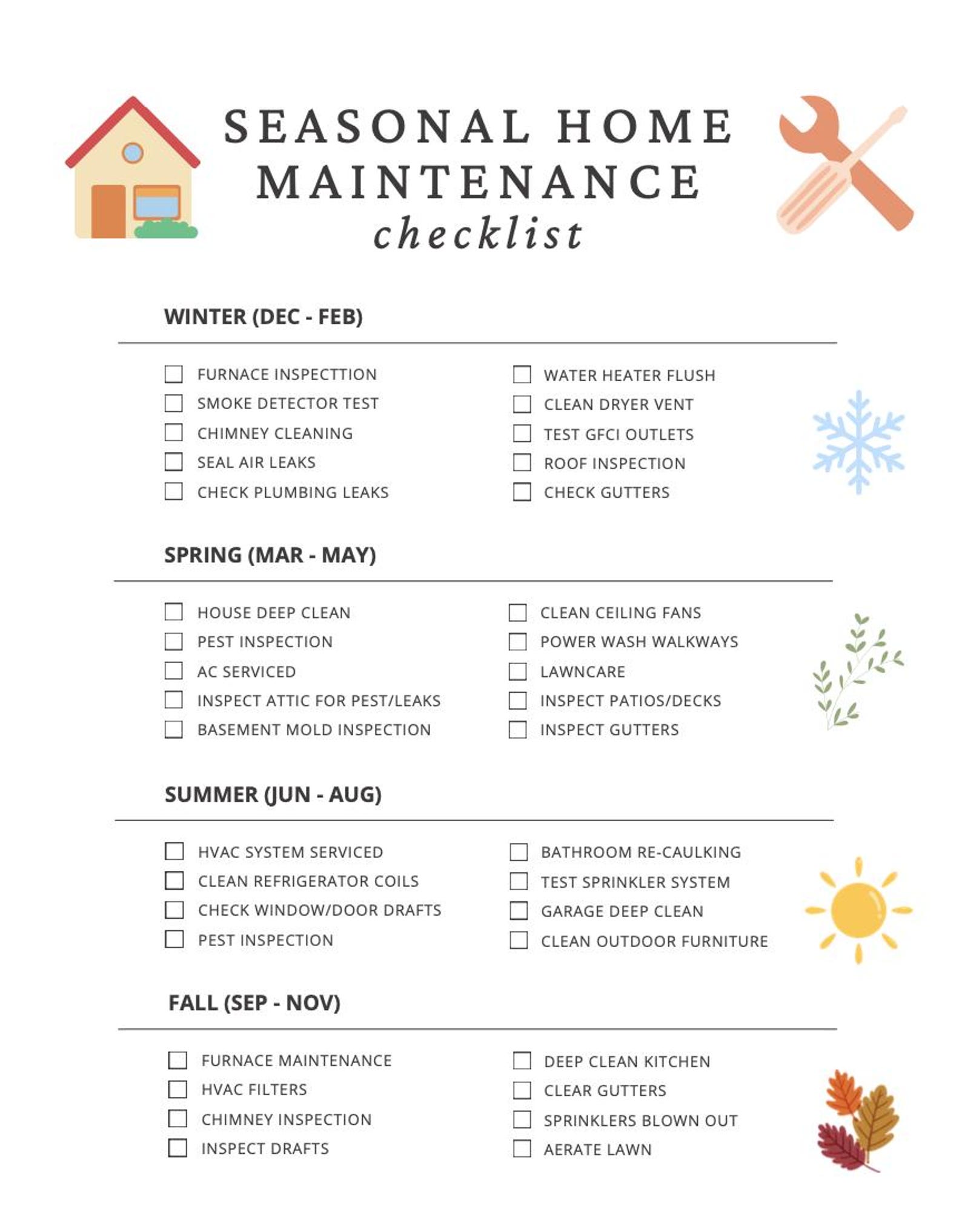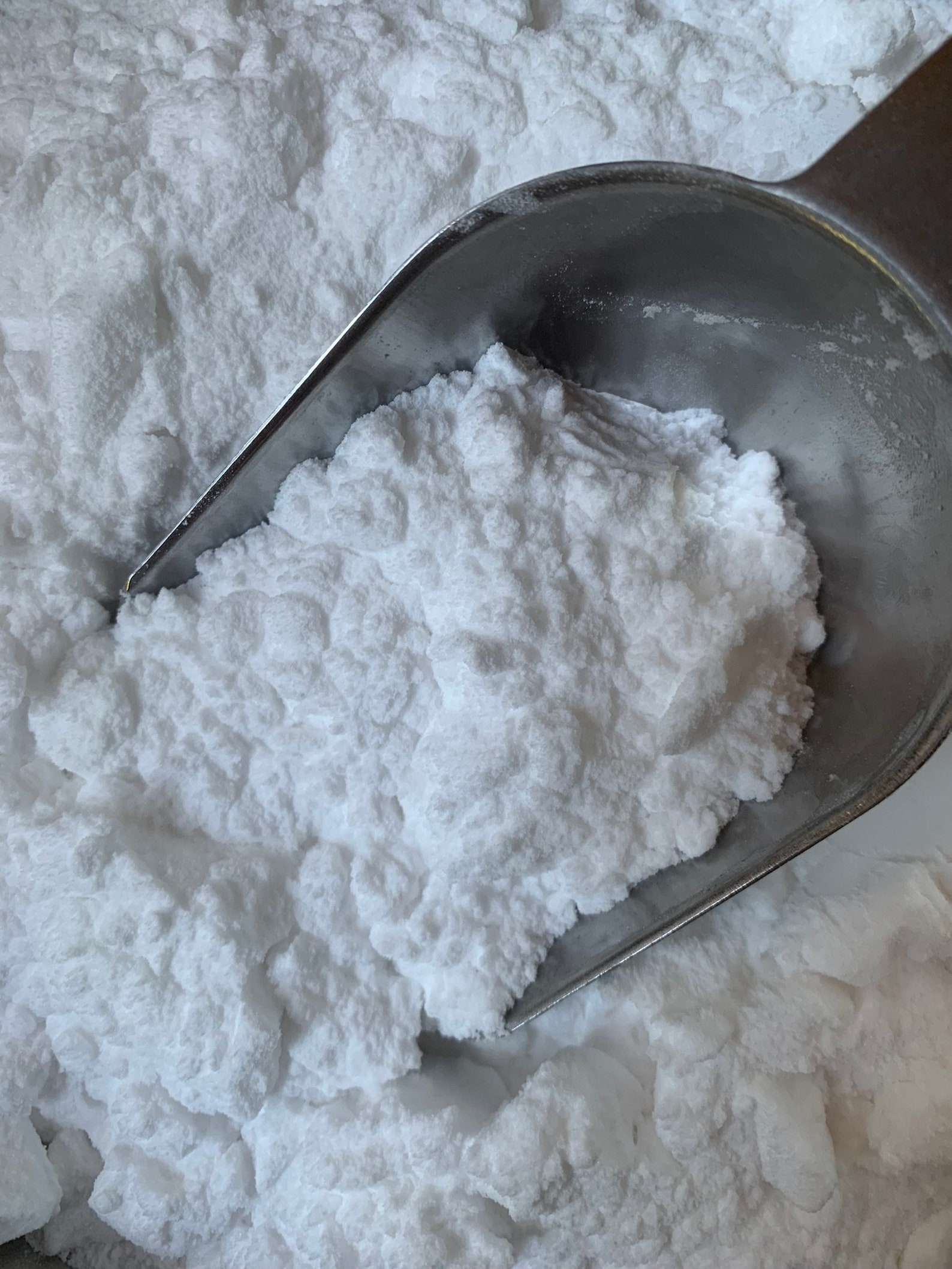Why Staying on Top of Home Tasks Can Save You Time and Money
Posted on
Owning a home can sometimes feel like there’s always something that needs fixing, tidying, or checking. One week it’s a dripping tap, the next it’s the gutter overflowing after a heavy downpour. It’s easy to put things off until they become urgent, but that’s usually when small problems turn into expensive ones.
The truth is, staying on top of simple home tasks doesn’t just make life easier, but it also saves time, money, and stress in the long run. A few regular home maintenance habits can prevent major issues from turning into major issues, or costly ones, as well as keep your home running efficiently and helps to protect its value for years to come.
Let’s break down how staying on top of home tasks can genuinely save you time and money.

Regular Maintenance That Prevents Bigger Problems
Think of home maintenance like caring for your car; you wouldn’t skip oil changes and still expect the engine to run smoothly. It's even the same for your body - if you don't look after it, it will start breaking down and not working properly! The same applies to your home as regular maintenance and upkeep prevent costly surprises later.
Checking your property each season helps you spot early signs of wear and tear before they get worse. This will help to save you money, and a massive headache at a later date if small problems turn into huge mountains of problems at a later date.
A few key maintenance habits to stay on top of include:
-
Clearing gutters and drains before autumn and winter to prevent water damage or damp patches.
-
Inspecting roof tiles and flashing to catch loose or cracked areas before leaks appear.
-
Checking window and door seals to keep warmth in and reduce heating costs.
-
Bleeding radiators and servicing your boiler to keep your heating system running efficiently.
-
Testing smoke and carbon monoxide alarms to make sure they’re working properly.
Each of these small jobs might only take a few minutes, but neglecting them can lead to hundreds, or even thousands of pounds in repairs. In fact, the last tip can even save your life!
Keeping a simple seasonal checklist can help you stay organised without feeling overwhelmed.
Fix Small Repairs Before They Grow
A dripping tap, a flickering light switch, or a loose fence post might not seem urgent. But small issues rarely stay small. A leak left unchecked can cause hidden water damage, and faulty wiring could become a safety hazard.
Fixing problems as soon as they arise saves you both time and money because:
-
The repair is usually simpler and cheaper early on.
-
You avoid paying for secondary damage (like mould, rot, or rewiring).
-
You reduce stress by dealing with issues while they’re still manageable.
Some minor repairs are easy to do yourself, such as tightening loose handles or replacing worn sealant around a bath. But when it comes to plumbing, electrics, or structural work, always call a professional, such as a plumber or electrician. It might cost a little more upfront, but it’s far cheaper and safer than fixing a mistake later.
Think of quick action as an investment in your peace of mind.

Stay Organised with Home Tasks
It’s amazing how quickly chores pile up when life gets busy. Before you know it, there’s clutter everywhere, the fridge needs cleaning, and that DIY job you meant to do “next weekend” has turned into a full-day project.
The key is to build small habits into your weekly routine so home tasks don’t become overwhelming.
Here are a few simple ideas:
-
Tidy as you go. Spending just 10 minutes at the end of each day putting things back in place keeps your home feeling calm and under control.
-
Create a monthly checklist. Include tasks like descaling taps, wiping skirting boards, or cleaning behind appliances.
-
Batch chores together. Group similar tasks so you can get them done more efficiently, like vacuuming all rooms in one go.
Being organised not only saves time but also helps you spot potential issues early. A tidy home is easier to maintain and you’re more likely to notice a damp patch or loose tile before it becomes a bigger concern.
Cleaning Smart to Protect Your Home (and Budget)
Regular cleaning isn’t just about appearance. It’s a way to protect your home’s surfaces, furniture, and appliances from long-term wear.
Dust build-up, for instance, can clog vents and make heating systems work harder, increasing energy use. Grease on kitchen cupboards can damage finishes if left for too long. Even simple tasks like vacuuming regularly can extend the life of your carpets.
For a budget-friendly approach, try making your own cleaning products using natural ingredients such as white vinegar, lemon juice, and bicarbonate of soda. They’re inexpensive, effective, and better for your health and the environment than harsh chemical cleaners.
For tips, check out my article on how to save money and make your own eco-friendly cleaning products.
Small, regular cleans mean you’ll rarely face those dreaded deep-clean weekends where everything feels out of control.

How Regular Care Saves Money in the Long Term
Home maintenance might feel like a chore, but financially, it’s one of the smartest habits you can build. When you stay consistent, you:
-
Avoid major repair bills. Replacing a few cracked roof tiles is far cheaper than repairing ceiling damage from leaks.
-
Boost energy efficiency. Well-maintained heating systems and insulation reduce your energy use.
-
Protect your property value. A home that’s clearly looked after appeals more to future buyers.
-
Save on emergency call-outs. Catching problems early means you can fix them during normal working hours, not on a costly weekend call.
In short, prevention is always cheaper than cure.
Make It Manageable (Spread Home Maintenance Tasks Across Each Season)
If the whole idea of keeping up with home care feels overwhelming, breaking it down can make it feel far more realistic. Most homes don’t need constant attention, just steady, seasonal check-ins. Spreading tasks through the year means you stay in control without losing entire weekends to repairs or cleaning.
Here’s a simple example of a seasonal guide for UK homeowners that helps spread the workload.
Spring
-
Inspect the roof for loose or cracked tiles
-
Clear gutters and downpipes after winter debris
-
Check garden structures, fencing and sheds for rot or storm damage
-
Clean windows inside and out
-
Pressure wash patios, paths, decking and driveways
-
Touch up exterior paintwork where needed
-
Check drains for blockages
-
Declutter sheds, garages and storage spaces
Summer
-
Repaint or reseal exterior woodwork
-
Service any fans or ventilation systems
-
Trim trees and hedges away from the house and roof
-
Deep clean outdoor seating and furniture
-
Check outdoor taps, hoses and irrigation systems
-
Reseal or repaint decking if needed
-
Review insulation while access is easier
-
Clean carpets or upholstery while drying time is quicker

Printable Seasonal Home Maintenance Checklist on Etsy
Autumn
-
Test the heating system and bleed radiators
-
Insulate exposed pipes to prevent freezing
-
Check door and window seals for draughts
-
Clear gutters again before leaves and heavy rain cause issues
-
Sweep chimneys if you use burners or open fires
-
Check loft ventilation to prevent condensation and mould
-
Replace smoke and carbon monoxide alarm batteries
Winter
-
Check regularly for damp or condensation around windows and exterior walls
-
Make sure extractor fans are working properly
-
Keep vents clear so airflow isn’t restricted
-
Wipe away condensation to prevent mould build-up
-
Check outside for blocked drains or pooling water after storms
-
Make a list of repairs or improvements to tackle in spring

Bicarbonate of Soda: Natural Household Cleaning
Conclusion
Looking after your home doesn’t have to be complicated or expensive. In fact, a few minutes of attention here and there can save you countless hours and save you hundreds, or even thousands of pounds later.
When you stay on top of home tasks, you’re not just keeping things neat; you’re protecting your investment, reducing stress, and giving yourself more time to enjoy your space instead of worrying about it.
So next time you think about putting off that small job, remember it’s not just a chore, it’s a step towards saving yourself time, money, and future hassle.
Please pin this image to your home maintenance boards on Pinterest. Thank you :)

